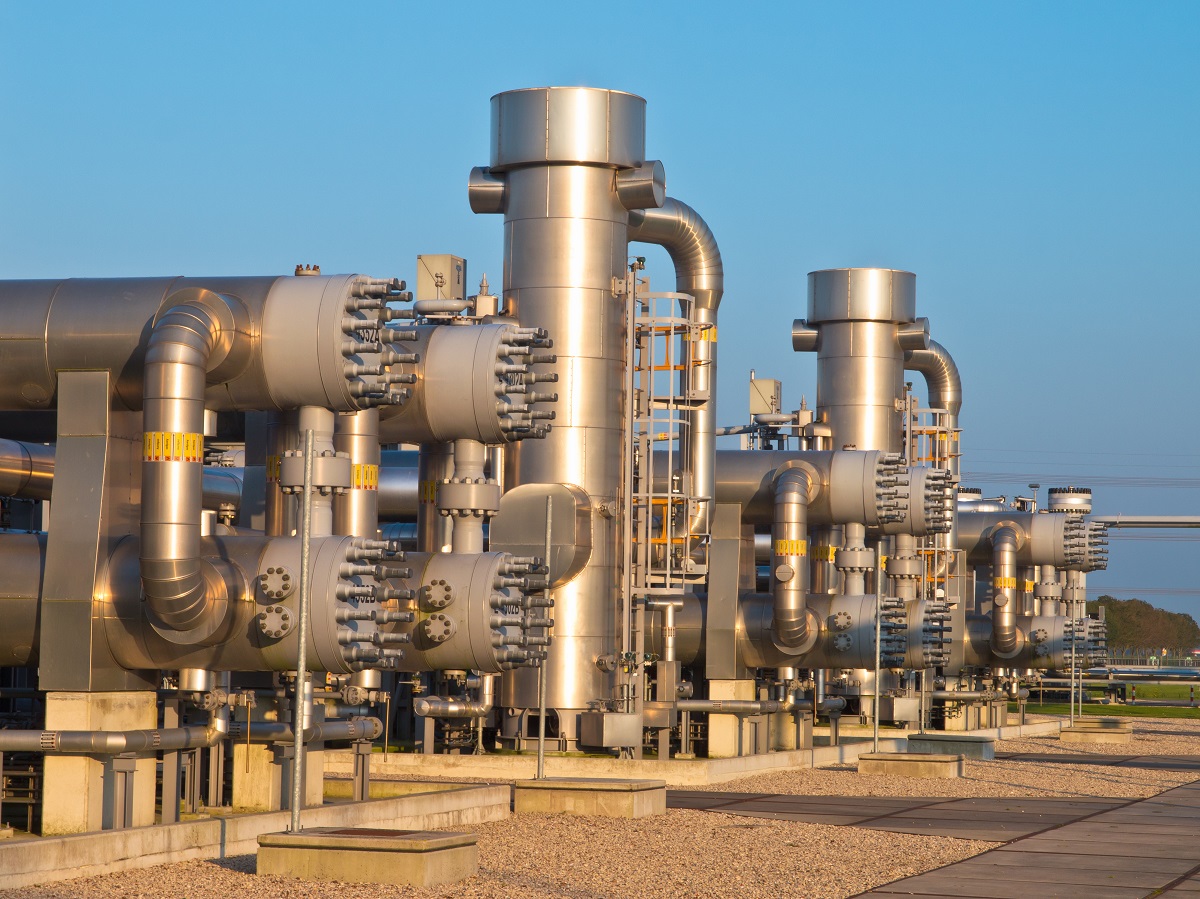U.S. to Buy 30 Million Barrels of Oil to Help Fill Strategic Reserve
WASHINGTON (Reuters) — The U.S. Department of Energy said on Thursday it will buy up to 30 million barrels of crude oil for the Strategic Petroleum Reserve by the end of June as a first step in fulfilling President Donald Trump’s directive to fill the emergency stockpile to help domestic crude producers.
The reserve, in caverns on the Texas and Louisiana coasts, has 77 million barrels of available capacity. The first 30 million barrel purchase will be for both sweet and sour crude oil and will focus on buying from small and midsize producers, the Energy Department said.
The department “appears to be setting up multiple pathways to fulfill President Donald Trump’s request to fill the SPR, contingent upon future funding,” analysts at ClearView Energy Partners said in a note to clients. “We view today’s action as a necessary step towards an SPR fill, but not sufficient in its own right.”
Some of the funding for a full 77 million barrel purchase would have to be mandated by new stimulus legislation. The Energy Department said it is working with Congress to finalize funding, which could run about $2 billion or more for the full purchase.
Secretary of the Treasury Steven Mnuchin said on Fox Business he would tell Trump to take advantage of low oil prices and ask Congress for $10 billion to $20 billion to fill up the SPR for the long term. “We should be filling up the reserve for the next 10 years,” Mnuchin said.
U.S. oil prices rose about 12% on Thursday to nearly $23 a barrel after a three-day sell-off sparked by the spread of the coronavirus and a price war between Saudi Arabia and Russia drove them to their lowest in almost two decades.
The department will buy up to 11.3 million barrels of sweet crude and up to 18.7 million barrels of sour crude. The delivery date is from May 1 to June 30 and proposals are due by March 26, it said.
The reserve can receive up to 685,000 barrels per day of crude, the Energy Department said. “The SPR will help relieve oil-related disruptions to our economy,” said Steven Winberg, assistant secretary for fossil energy at the department.
Related News
Related News

- Keystone Oil Pipeline Resumes Operations After Temporary Shutdown
- Freeport LNG Plant Runs Near Zero Consumption for Fifth Day
- Biden Administration Buys Oil for Emergency Reserve Above Target Price
- Mexico Seizes Air Liquide's Hydrogen Plant at Pemex Refinery
- Enbridge to Invest $500 Million in Pipeline Assets, Including Expansion of 850-Mile Gray Oak Pipeline





Comments